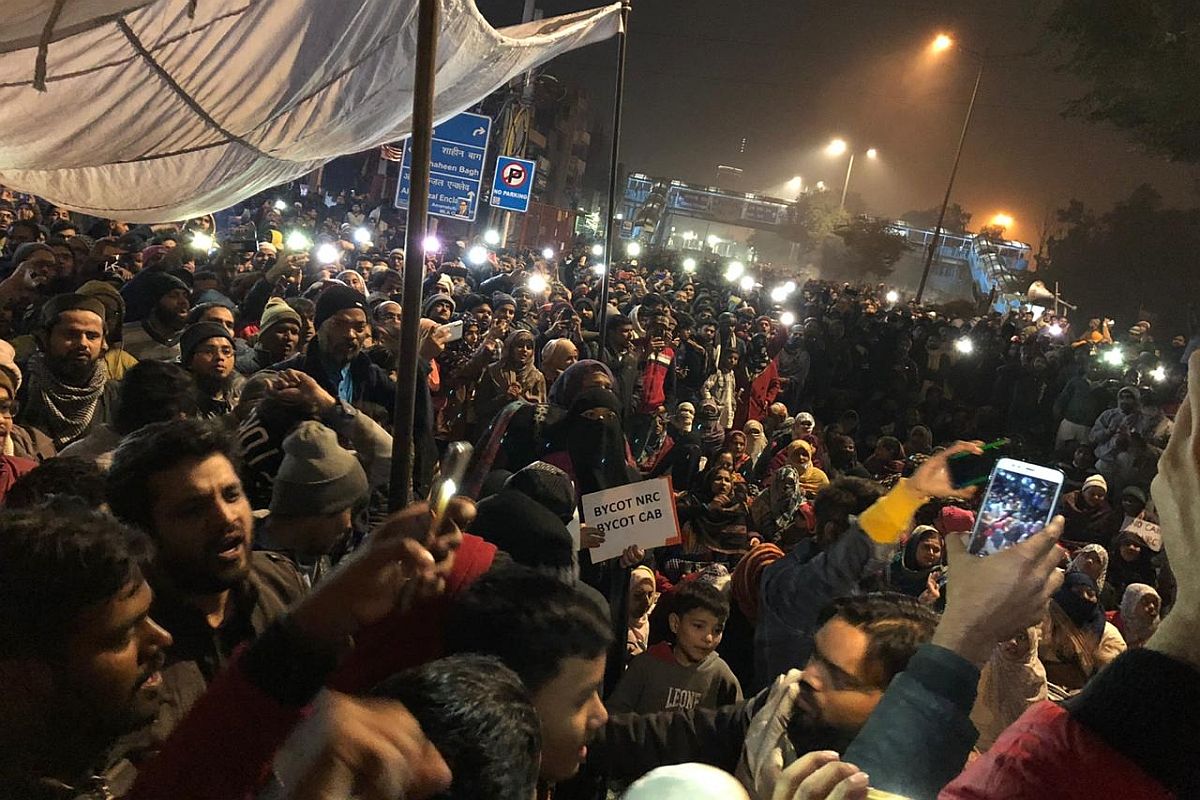For more than a month now, the national canvas has witnessed different colours of anti-CAA (recently legislated Citizenship Amendment Act, 2019) protests. Many big national/international events have occurred in recent memory, but none would have occupied such time and space. It is hazardous to guess how long this intensity would last. The jury is still out on whether the protests are spontaneous, natural, sponsored or misled. Another major event that happened recently was the killing of Iranian General Qasem Soleimani outside Baghdad Airport.
I see these two events in the same frame. It’s a known fact in international diplomacy that there are no permanent friends or permanent enemies, only permanent interests. This pragmatism pervades through continents and leaders. Winston Churchill had said, “We have no lasting friends, no lasting enemies, only lasting interests.” Former US Secretary of State, American NSA and Nobel Peace Laureate, Henry Kissinger, famously said, “America has no permanent friends or enemies, only interests.”
Advertisement
Therefore, drone strikes by USA in Iraq should be no surprise. It was American-supported Iraq which waged war in 1980 against Iran for punishing the regime that ousted the American-supported monarchy. The last decade of the last century and first decade of this century saw Iraq as USA’s worst enemy. After Saddam Hussein was thrown out, Americans have had military bases to support Iraqi forces. Now, the latest is that Iraqi lawmakers have voted to send out Americans.
So, we see things coming full circles many a times. Not very long ago, US air support helped Qasem Soleimani and other forces defeat ISIS. In geo-strategic arena, enemy’s enemy is always your friend, whereas a friend’s enemy may not necessarily be your enemy. However, this geo-political narrative, true elsewhere, has failed us Indians repeatedly. Recently, I was surprised to read in an article that CAA is neither about refugees nor about illegal immigrants, but about targeting a particular community. Here, we are not reading lines of the Act, but discovering an unwritten devil between the lines.
It would be naïve to say that any Indian Government can compromise major diplomatic interests for narrow political gain. Though risk is inherent in any such pathbreaking decision, but I am sure it is miniscule in comparison to American risk recently. I come back to the root point of this article about primacy of national interest and even at a cost. Supporting the religiously persecuted is one thing and accepting all migrants is entirely different, and definitely disastrous.
There are no prizes for guessing India’s biggest challenge. Demographic dividend is a good subject to talk about, but we would do ourselves a big favour to be aware of actual ground situation in the matter. International relations can’t be promoted at the altar of compromised national interests. Rather, diplomatic capital should be built on strong domestic foundations. If one is true and sure about self, others would come around ultimately. Let’s not forget the way we came out a winner after the 1998 nuclear sanctions.
We must do just what suits us. China has not bothered about world opinion for its actions in Tibet, Hong Kong, Taiwan and Xinjiang; yet is strong in the world order. Own national interest comes first always and every time. Otherwise, USA, the one-time strong supporter of World Trade Organization (WTO), would not allow it to languish financially and organizationally in the recent past. You do what suits your national interest. It is already high time we realise that all citizens gain if the nation gains.
And no short-term domestic gain at the cost of national interest would benefit us ultimately. One is reminded of the beginning of first gulf war when India had good relations with both US and Iraq. Some US military aircraft were refuelled on Indian soil under a normal aviation/security protocol, but our domestic political mud-slinging on the issue antagonised both the US as well as Iraq. It was a total diplomatic loss; however, at the same time, no domestic political gain to any particular outfit was evident. Therefore, we need to analyse the way anti-CAA protests are going about.
Legitimate peaceful protest against a policy decision is an acceptable democratic right; however, creating huge law and order situation leading to nationwide anarchy is definitely uncalled for. It is surprising to see many protestors having no clue of CAA or the reason of protest, simply keeping themselves occupied in the mob frenzy. This problem is compounded by a burgeoning population, lacking health, education and direction. Can we afford to have more such people coming into India like this ? Unfortunately, we are adept at keeping our individual political interests ahead of national interest.
When we wish to keep India first, let us understand, whatever is said and done, India’s soft power is its biggest strength and unmanaged population (which lacks education, health and discipline) its most serious challenge. There has to be something good about this country, when neighbouring population looks to take refuge here. Ours is a wonderful country and we must not misguide our youth to vitiate the national atmosphere. “Make in India” and other such initiatives are good endeavours for national progress, but our sure success lies in our proven soft power.
Any sane mind wanting progress aims to minimize weakness, overcome challenge and builds on strength. Let us strengthen our soft power, potential for which is unmatched. However, peace is a prerequisite for soft power to prosper. What kind of message are we sending to the world by our violent activities? Tourism industry with unbounded potential can be a panacea for economic woes and this can positively boom only on the platform of stability and tranquility. Let us not destroy this platform. If the nation grows, we all shall prosper. We can’t hope to rise while the nation is falling.
(The writer, a Brigadier of the Indian Army, is serving on deputation as Registrar at Indian Institute of Science Education and Research (IISER) Berhampur, Odisha. The views are personal)











